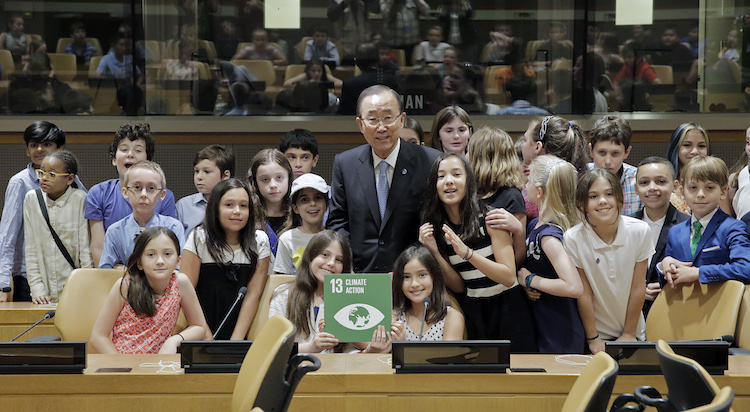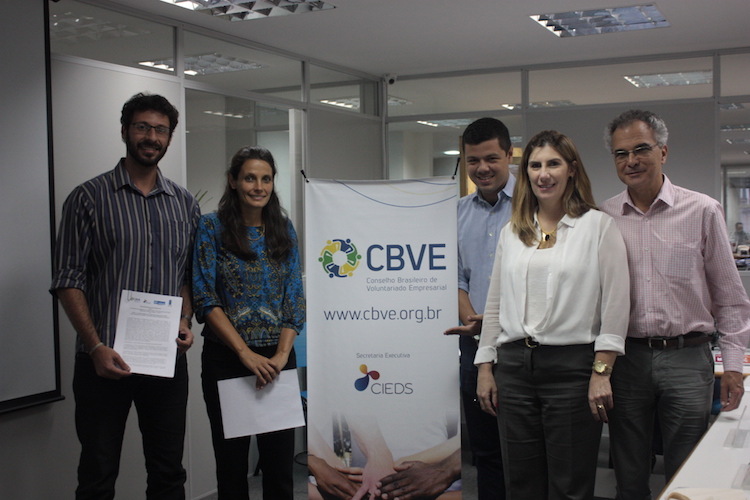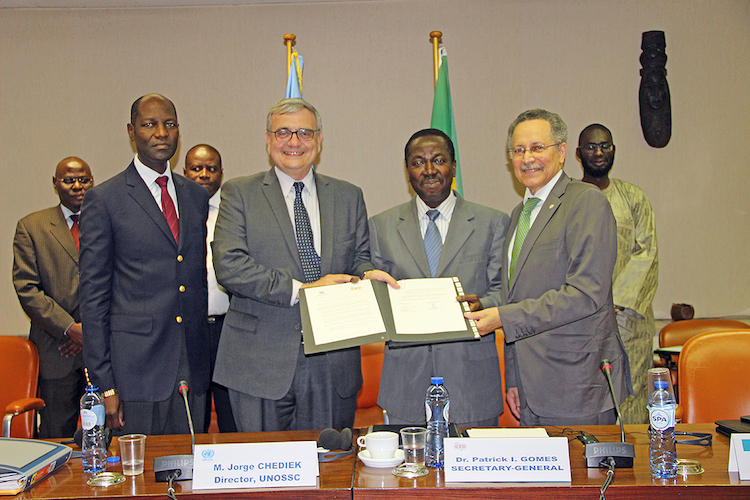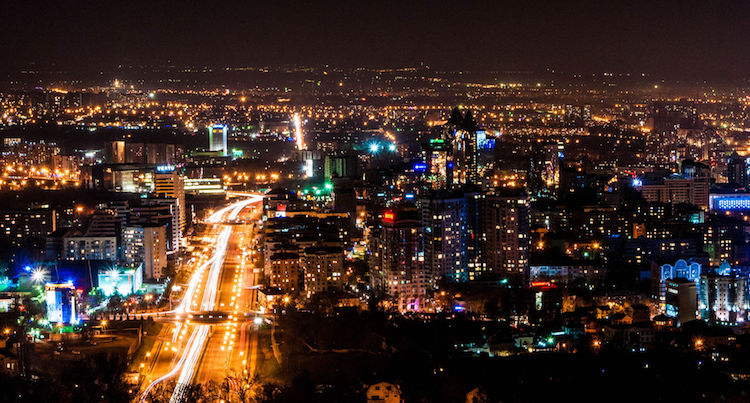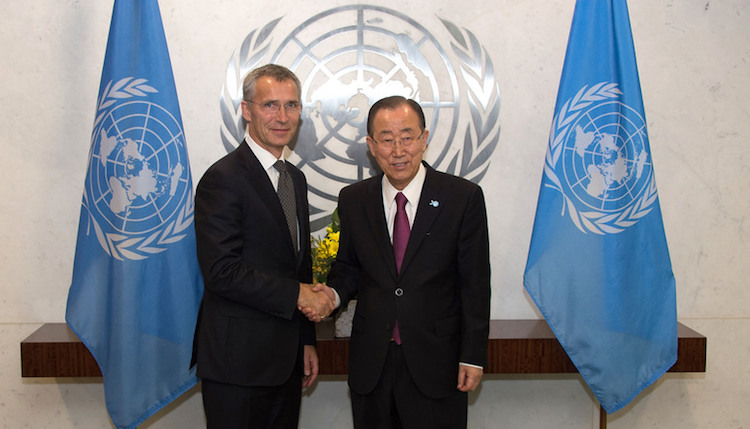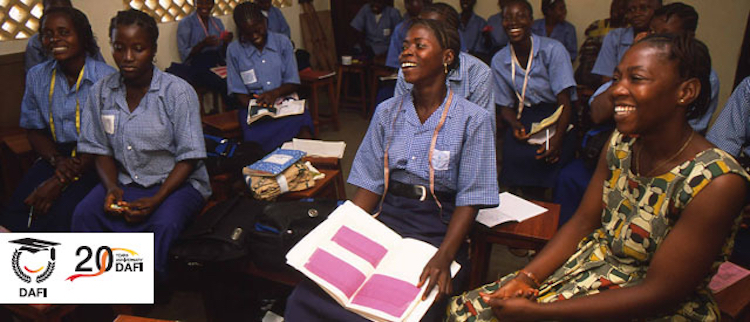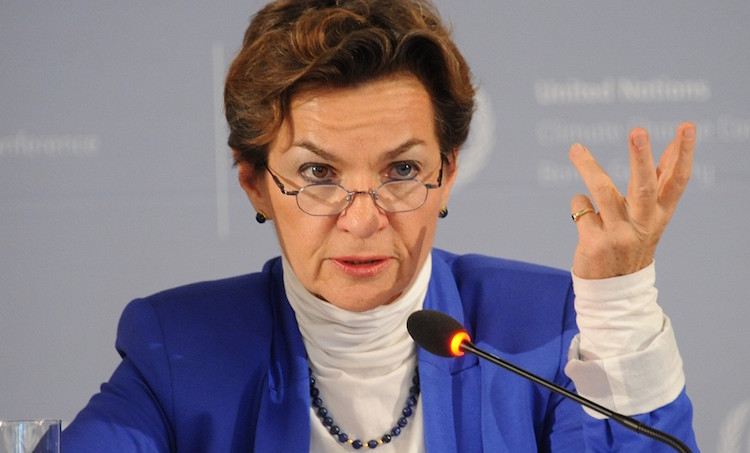By Lisa Vives
NEW YORK (IDN | GIN) – On July 18, the international community will observe the ‘Nelson Mandela International Day’ – formalised by the UN General Assembly in November 2009 – to recall the former South African President’s contribution to the culture of peace and freedom.
For 67 years Nelson Mandela, who was born in a village named Mvezo of South Africa in 1918, devoted his life to the service of humanity – as a human rights lawyer, a prisoner of conscience, an international peacemaker and the first democratically elected president of a free South Africa, recalls the UN.
He was the first black South African president who reigned from 1994 to 1999. He was awarded the Nobel Peace Prize in 1993 for his contribution to make South Africa free and bringing peace in and around Africa.



